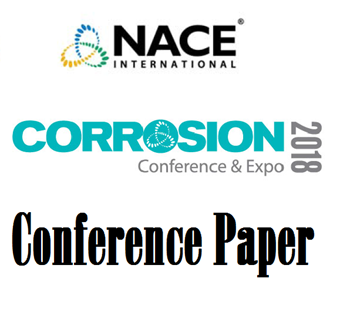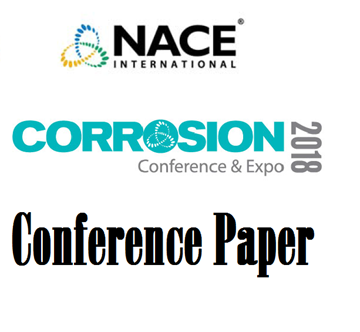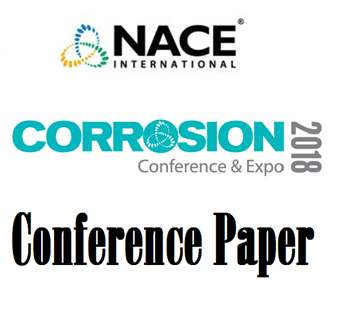Search
51318-10801-Corrosion Management and Asset Tracking through Improved Airframe Contaminant Monitoring
Also Purchased
51318-10818-COMPLIANCE TO ASME PCC-2 STANDARD FOR ENGINEERED COMPOSITE REPAIR SYSTEMS
Product Number:
51318-10818-SG
Publication Date:
2018
$20.00
51318-10777- Fe-Al Galvanic Pair Revisited. The Combined Mathematical-Modeling and Localized-Electrochemical-Impedance-Spectroscopy Approach
Product Number:
51318-10777-SG
Publication Date:
2018
$20.00
51318-10689-PIPELINE STRAY DIRECT CURRENT (DC) INTERFERENCE
Product Number:
51318-10689-SG
Publication Date:
2018
$20.00



